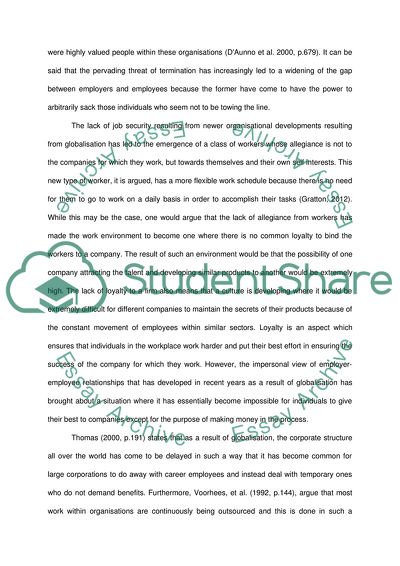Cite this document
(“The impact of globalisation on work and employment Essay”, n.d.)
The impact of globalisation on work and employment Essay. Retrieved from https://studentshare.org/human-resources/1685361-the-impact-of-globalisation-on-work-and-employment
The impact of globalisation on work and employment Essay. Retrieved from https://studentshare.org/human-resources/1685361-the-impact-of-globalisation-on-work-and-employment
(The Impact of Globalisation on Work and Employment Essay)
The Impact of Globalisation on Work and Employment Essay. https://studentshare.org/human-resources/1685361-the-impact-of-globalisation-on-work-and-employment.
The Impact of Globalisation on Work and Employment Essay. https://studentshare.org/human-resources/1685361-the-impact-of-globalisation-on-work-and-employment.
“The Impact of Globalisation on Work and Employment Essay”, n.d. https://studentshare.org/human-resources/1685361-the-impact-of-globalisation-on-work-and-employment.


